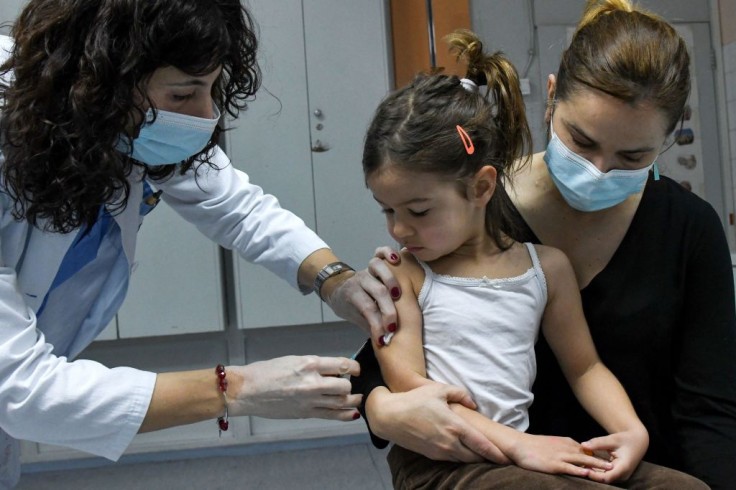
A public health emergency was declared in American Samoa due to a measles outbreak that has affected the U.S. territory. The Department of Health reported 31 suspected and/or probable cases and one confirmed case in an 8-year-old as of Tuesday.
Dr. Scott Anesi, the department's chief epidemiologist, revealed during a press conference that all suspected cases involved children aged between 2 months and 13 years old.
Measles Outbreak in American Samoa
According to ABC, due to the public health emergency caused by the measles outbreak, the schools have been ordered to close until May 12th, affecting 12,000 students. Parents have been instructed to pick up virtual learning packets and any meals their children are eligible for at their schools through Friday.
To prevent the further spread of measles, anyone who tests positive for the virus has been ordered to isolate for 21 days. The local government is also closely monitoring those who may have been exposed to the virus and is also required to quarantine them for up to 21 days.
Measles can be prevented through vaccination, with the measles-containing vaccine being primarily administered as the combination measles-mumps-rubella (MMR) vaccine. For children aged 12 months through 12 years, the combination measles-mumps-rubella-varicella (MMRV) vaccine can also be used for protection against measles, mumps, rubella, and varicella.
The Centers for Disease Control and Prevention said that anyone who has had measles at some point in their life or has received two doses of the MMR vaccine is protected against the virus. One dose of the vaccine is 93% effective at preventing infection if exposed to the virus, while two doses are 97% effective.
According to the World Health Organization, fortunately, accelerated immunization activities have played a significant role in reducing measles deaths globally. The WHO reports that global measles deaths have decreased by 73%, from an estimated 536,000 in 2000 to 142,000 in 2018.
What Is Measles?
Despite the availability of a safe and cost-effective vaccine, measles remains a serious disease that causes significant morbidity and mortality globally. In 2018, more than 140,000 people died from measles, with the majority being children under the age of five.
Measles is caused by a highly contagious virus and was responsible for an estimated 2.6 million deaths annually before the introduction of the vaccine in 1963 and widespread vaccination.
According to the CDC, measles is an acute viral respiratory illness that begins with a fever and malaise, followed by cough, coryza, and conjunctivitis (known as the three "C"s), and a rash characterized by Koplik spots that appear about two weeks after exposure.
Measles is particularly dangerous for infants and children under five, adults over 20, pregnant women, and people with weakened immune systems due to conditions like leukemia and HIV.
Measles is one of the most contagious infectious diseases, with up to 9 out of 10 people who come into close contact with an infected person developing the disease. The virus spreads through direct contact with infectious droplets or airborne spread when an infected person breathes, coughs, or sneezes.
It is essential to continue vaccination efforts to prevent the spread of this dangerous disease and protect vulnerable populations.
Related Article: Autism Diagnostic Fads: Prominent Psychiatrist Apologizes for Contributing To the Overdiagnosis Crisis, DSM-4